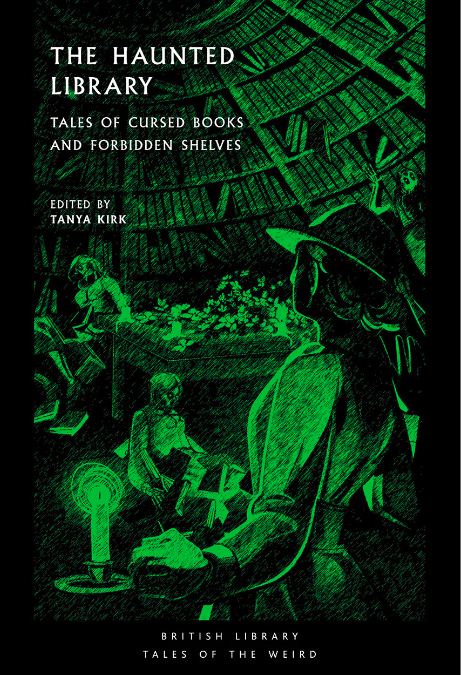Quite a feature in the lives of English Catholics of those days
was the strictness with which they kept the laws of fasting and abstinence. In
this respect Dr. Talbot's sympathies were in accordance with his family
traditions. Yet curiously enough, it was during the years when he was vicar
apostolic that important relaxations had to be made in the ecclesiastical laws.
Up to this time a custom had existed of keeping every Friday
of the year (except during Paschal time) a fast day as an act of intercession for
the conversion of England. This was beginning to be felt as a serious hardship'
and one of Dr Talbot’s first acts on becoming vicar apostolic was to petition
for the abrogation of the law. His petition was successful, and from 1781 Friday
became a day of abstinence only, as in other countries. (At that date Saturday was also a day of
abstinence, in England and in other countries.) With respect to Lent, however, he
made a great effort to preserve the strict discipline. The law still held good
prohibiting meat from Ash Wednesday until Easter. A dispensation had been
granted for several years, allowing it three times a week except in
Passiontide; but in 1782 Bishop Talbot made an effort to prevent this from
becoming a fixed and regular arrangement, by withholding the dispensation. He explained
his reasons in his Lenten Pastoral in a few words:
“As after mature deliberation " (he wrote) " we
can see no special reason this year for a general dispensation, for eating flesh
meat on certain days, and lest the too frequent repetition of such dispensations
should enervate the discipline of the Church in this regard, we think ourselves
obliged to confine them to the following articles'"
He proceeded to give a dispensation for eggs and cheese, except
on Ash Wednesday and the last four days of Holy Week.
UPDATE: This was done in a hurry yesterday and was unattributed, as Martin pointed out in the comments.
It is taken from Bernard Ward's The Dawn of the Catholic Revival in England (Longmans, Green and Co, First Edition,1909), Vol1, page 32.
UPDATE: This was done in a hurry yesterday and was unattributed, as Martin pointed out in the comments.
It is taken from Bernard Ward's The Dawn of the Catholic Revival in England (Longmans, Green and Co, First Edition,1909), Vol1, page 32.
.















































2 comments:
Those indeed were the days!
Thank you, and God bless!
Not indicated, but the whole post is a direct quote from Bernard Ward's
"The Dawn of the Catholic Revival in England" (1909), vol.1, p.32.
Martin
Post a Comment